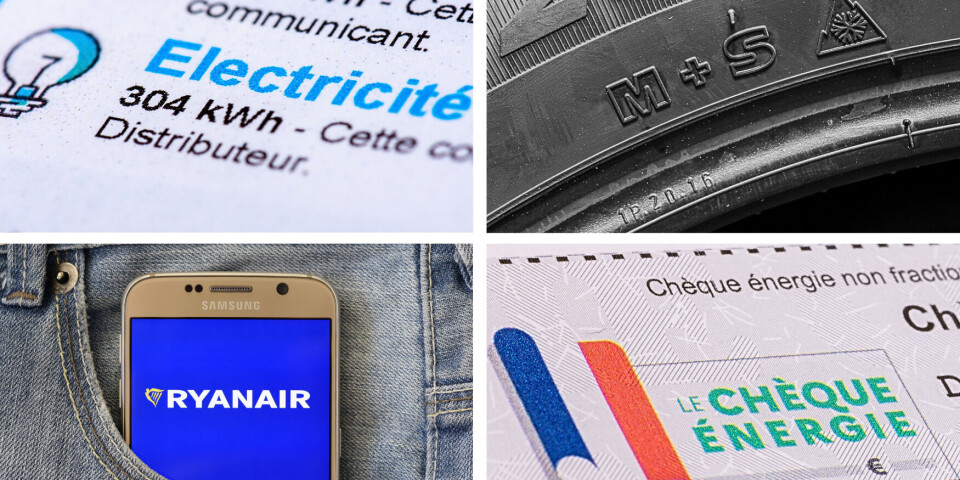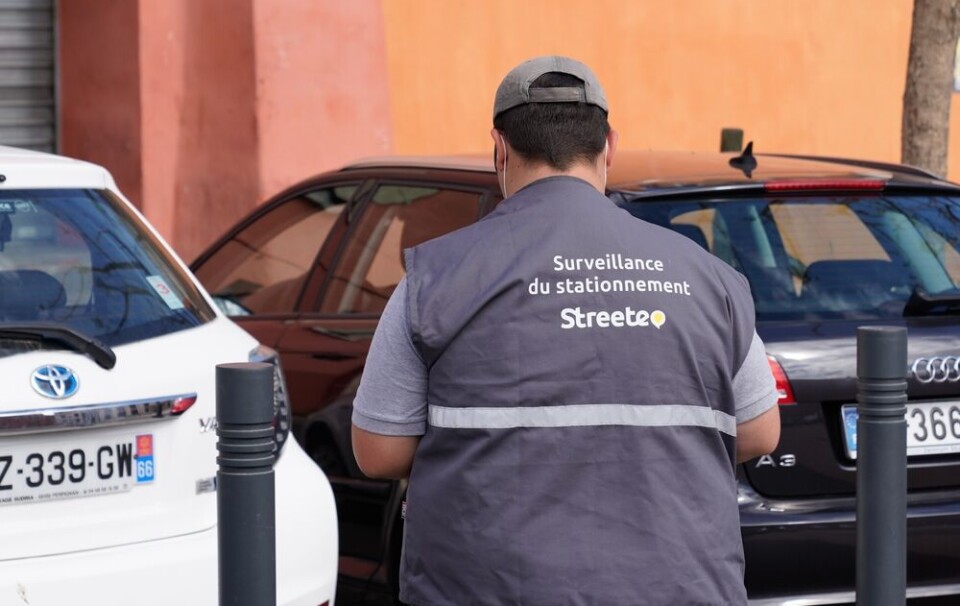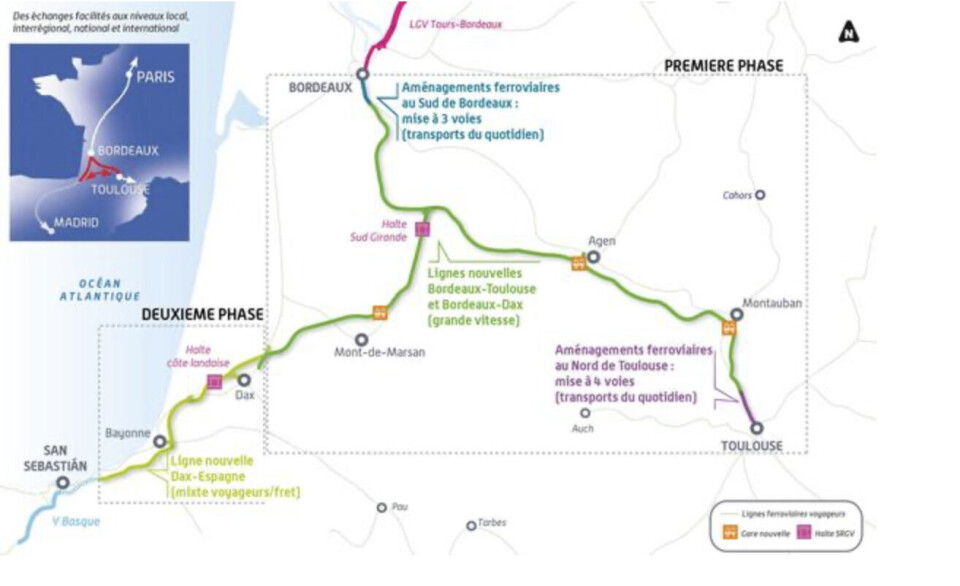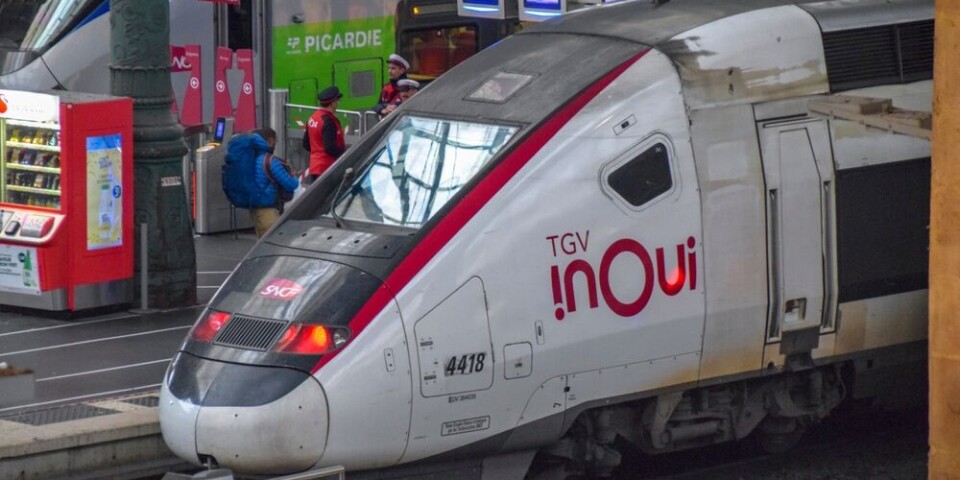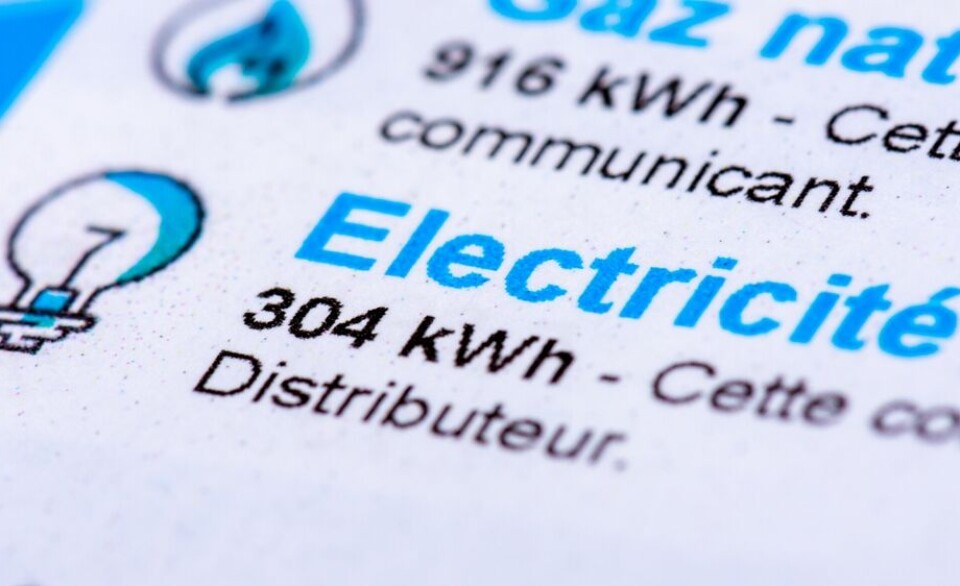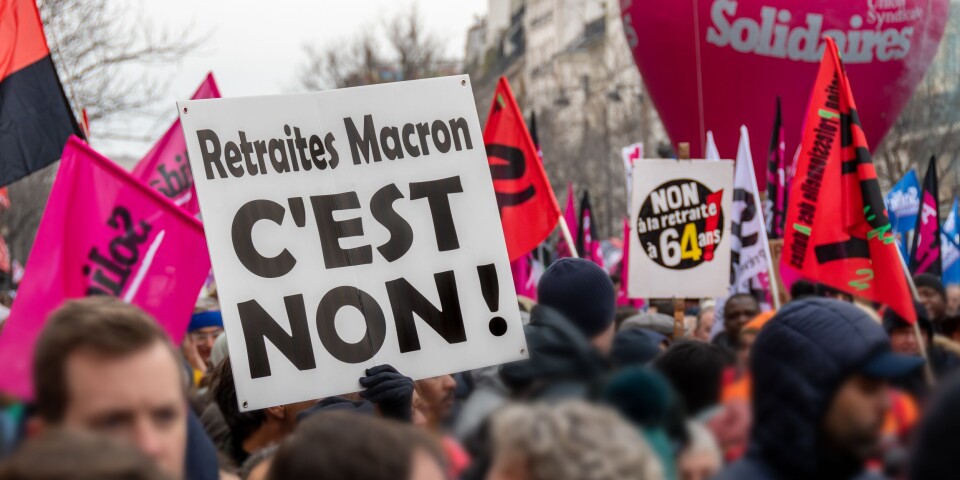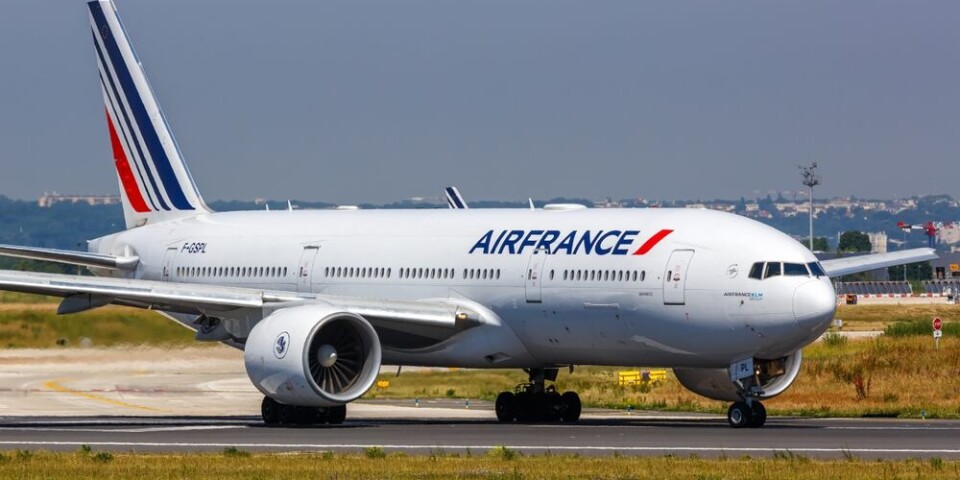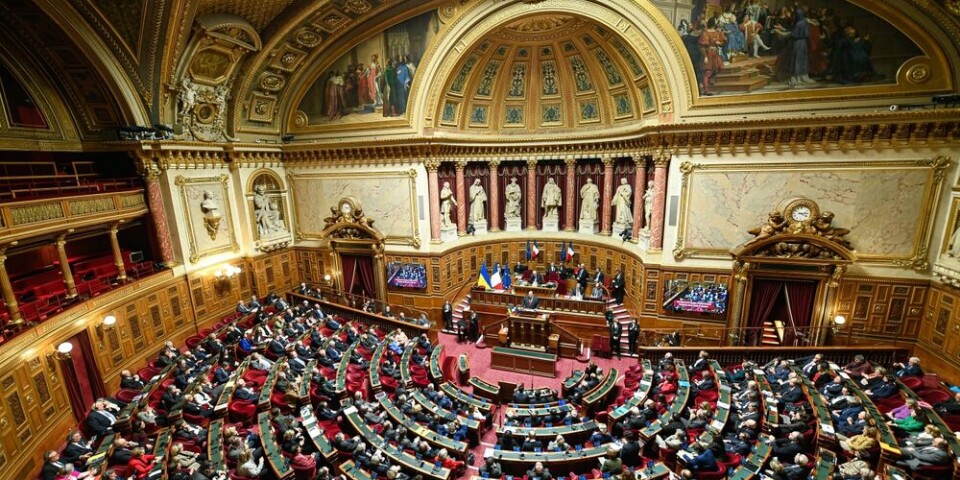-
French MPs vote through tax credit for mandatory garden undergrowth clearing
The tax credit would help with costs of annual débroussaillement in affected areas
-
What changes in France for residents in November 2025?
EES checks rollout, energy bills, taxes, and winter rules: See what is changing in France next month
-
French politics update: budget stand-off, potential new elections, and why November 15 is so important
MPs are set to hold a crucial budget vote on November 4 but it looks unlikely that consensus on text will be found
Cities not interested in urban toll on cars
Four of France’s major cities say they have no plans to bring in urban tolls from 2020, even if they are allowed to do so.

Under the proposals, tolls – similar to London’s congestion charge – could be set at between €2.50 and €10 per vehicle. Green vehicles would face the lowest charges.
When news leaked out, the mayors of Paris, Bordeaux, Marseille and Nice all said they were not interested.
Bordeaux mayor Alain Juppé said: “The Bordelaise are touchy on problems of urban mobility. There are already tensions between the town centre and external areas. If we imposed an urban toll, they would say we are barricading ourselves to keep them out.”
He said tolls might eventually apply to lorries but “certainly not” for privately owned cars.
Other mayors expressed similar views and, with municipal elections in 2020, it is likely to be difficult to find local politicians who will say they are in favour of the tolls.
Urban tolls would be “a social disaster”, says 40 Millions d’Automobilistes.
The organisation’s Pierre Chasseray told Connexion: “What they say is that only the rich are welcome to move freely around cities. We have no wish to have the rich people in cars and everyone else in public transport, like in London.”
Ecology minister François de Rugy said the new measure merely gives substance to existing laws, so cities can implement tolls if they want to.
Senator Fabienne Keller said French cities should follow the example of Stockholm, where tolls have been in place since 2009 and have led to a 28% fall in traffic, with variable tolls highest at rush hours.
The decree could be sent to parliament for approval in the spring.




